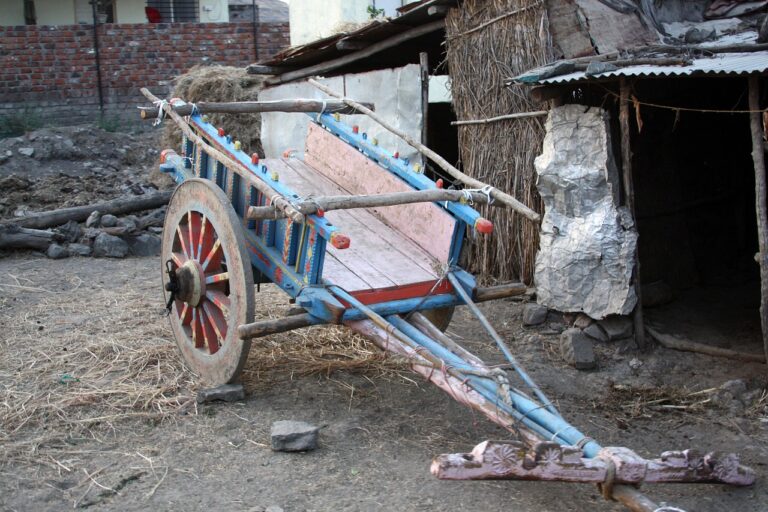The Role of Non-Governmental Organizations in Election Oversight
Non-governmental organizations (NGOs) play a crucial role in election oversight around the world. These organizations, which operate independently of government control, work to ensure that elections are free, fair, and transparent. By monitoring the electoral process, reporting on violations, and advocating for electoral reforms, NGOs help to promote democracy and strengthen the electoral systems in many countries.
The Importance of Election Oversight
Election oversight is essential for ensuring the integrity of the electoral process. Without independent monitoring and reporting, elections can be marred by fraud, corruption, and other irregularities. By holding governments accountable and advocating for transparency, NGOs help to safeguard the democratic rights of citizens and promote confidence in the electoral system.
Monitoring and Reporting
NGOs play a crucial role in monitoring elections by observing polling stations, collecting data on voter turnout, and documenting any irregularities or violations that occur during the voting process. By providing impartial and accurate information, NGOs help to ensure that elections are conducted in a free and fair manner.
Advocacy and Reform
In addition to monitoring and reporting, NGOs also engage in advocacy efforts to promote electoral reforms and strengthen democracy. By working with government officials, political parties, and civil society groups, NGOs help to develop and implement policies that improve the electoral process and protect the rights of voters.
International Collaboration
Many NGOs involved in election oversight work collaboratively with international organizations such as the United Nations and the European Union. By sharing best practices, resources, and expertise, these partnerships help to enhance the effectiveness of election monitoring and promote global standards for democratic governance.
Challenges and Opportunities
While NGOs play a vital role in election oversight, they often face significant challenges, including limited funding, political interference, and security risks. Despite these obstacles, NGOs continue to work tirelessly to promote democracy and hold governments accountable for their actions.
The Future of Election Oversight
Looking ahead, the role of NGOs in election oversight is likely to become even more critical as new technologies and social media platforms shape the way elections are conducted and monitored. By adapting to these changes and continuing to advocate for transparency and accountability, NGOs can help to strengthen democracy and ensure that elections remain free and fair for all citizens.
FAQs
Q: What is the difference between NGOs and government election monitoring bodies?
A: NGOs are independent organizations that operate outside of government control, while government election monitoring bodies are typically part of the state apparatus. NGOs often have more flexibility and autonomy to monitor elections impartially and report on violations.
Q: How can individuals support the work of election oversight NGOs?
A: Individuals can support election oversight NGOs by volunteering as observers during elections, donating to organizations that promote democracy and good governance, and advocating for electoral reforms in their communities.
Q: What are some examples of successful election oversight campaigns by NGOs?
A: Organizations like the International Foundation for Electoral Systems (IFES), the Carter Center, and the National Democratic Institute (NDI) have all led successful election oversight campaigns in countries around the world, helping to promote free and fair elections and strengthen democratic institutions.







